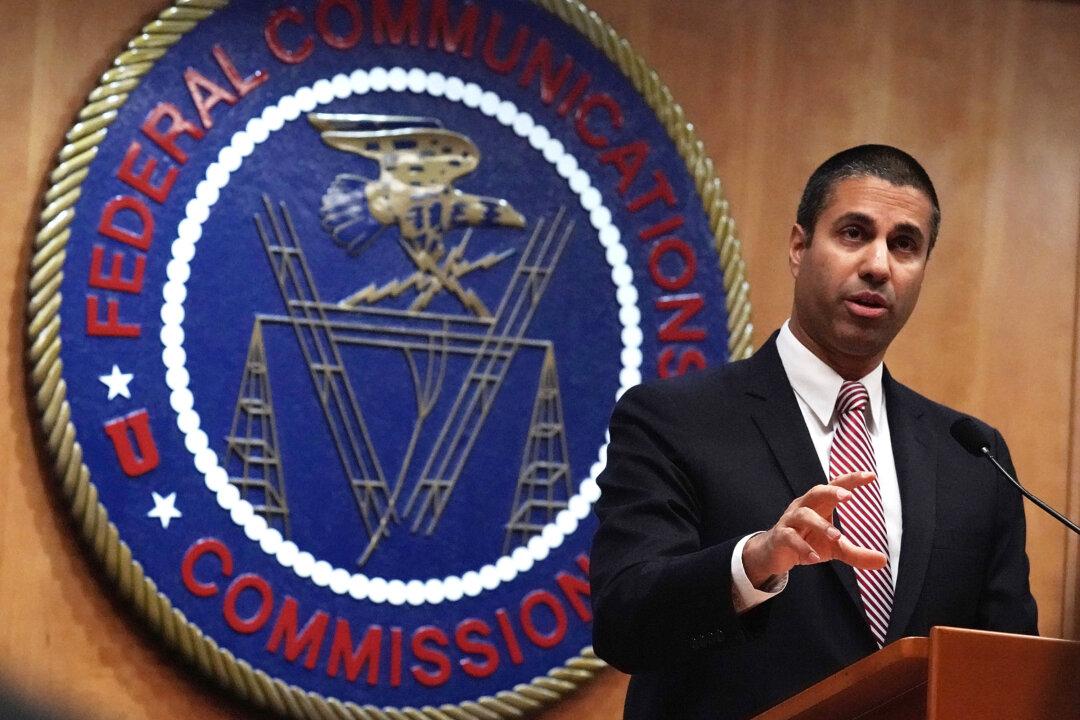The Federal Communications Commission (FCC) voted along party lines Tuesday to uphold its 2017 repeal of Obama-era net neutrality rules.
The commission voted 3-2 in a decision reaffirming the Restoring Internet Freedom Order, which took effect in June of 2018 and which a federal appeals court upheld in October of 2019. At the time, the appeals court ordered the FCC to reconsider the repeal’s impact on public safety, on regulations on attachments to utility poles, and the FCC’s ability to provide subsidies for broadband service.





